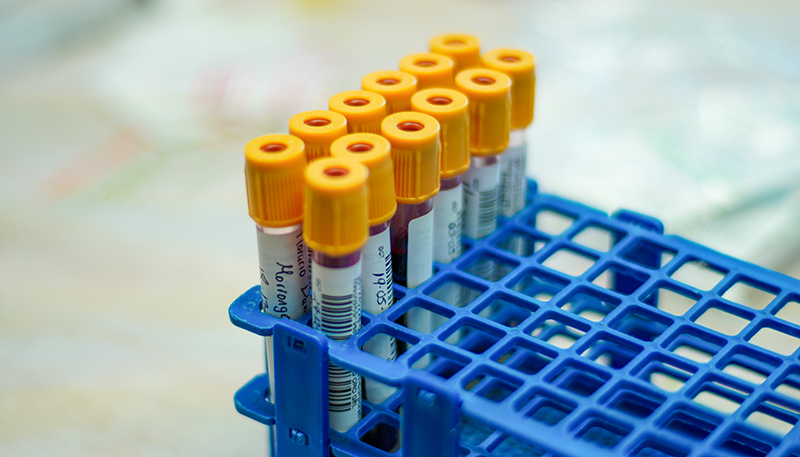Strategizing AIDS
White House HIV/AIDS office again opens the floor -- and phones -- for community input
The White House Office of National AIDS Policy (ONAP) presented a tentative outline of a National HIV/AIDS Strategy during a community meeting in D.C. and a national conference call on Friday, May 14.
”What we’re telling you is where we’re at, but I think we can all recognize that this will evolve,” said ONAP Director Jeffrey Crowley, addressing the crowd of about 60 people in the South Court Auditorium of the Eisenhower Executive Office Building.

ONAP reps (l-r): senior program manager James Albino, senior policy advisor Gregorio Millett, director Jeffrey Crowley and policy advisor Adelle Simmons.
(Photo by Yusef Najafi)
The 72-page booklet distributed at the meeting, ”Community Ideas for Improving the Response to the Domestic HIV Epidemic,” provided the outline that was crafted after ONAP conducted an Internet survey on its website, as well as hosted 14 community discussions around the country, including one at the University of D.C. on Sept. 21, 2009.
The work-in-progress strategy is broken down into three components: prevent new HIV infections, increase access to care and optimize health outcomes, and reduce HIV-related health disparities.
”We can evolve based on what we hear today, but also as we continue engaging with the [Presidential Advisory Council on HIV/AIDS (PACHA)] and also our federal partners,” Crowley added, later opening up the floor to comments from the audience.
”What we hear today is not set in stone, but we want to give you an update that will really signal the direction that we’re moving in.”
Jen Heitel Yakush, director for public policy at the Sexuality Information and Education Council of the United States (SIECUS), based in D.C., attended the meeting and said comprehensive sex education is key.
”We need to be talking about HIV prevention and STI prevention in addition to unintended pregnancy prevention, and the inter-related health needs of particularly LGBT young people,” Yakush, who is bisexual, told Metro Weekly immediately following the hearing.
”I have a lot of hope for the National HIV/AIDS Strategy,” she added. ”We know that it’s going to be broad strokes. I hope there’s going to be some detailed goals and measurements within the National HIV/AIDS Strategy. We also know that even in these tight fiscal times we need increased funding if we’re really going to have an impact on the number of new HIV infections every year.”
Among other local attendees was Don Blanchon, CEO of the Whitman-Walker Clinic, though he did not speak at the event.
For more information about the Office of National AIDS Policy, visit whitehouse.gov/administration/eop/onap/.
Support Metro Weekly’s Journalism
These are challenging times for news organizations. And yet it’s crucial we stay active and provide vital resources and information to both our local readers and the world. So won’t you please take a moment and consider supporting Metro Weekly with a membership? For as little as $5 a month, you can help ensure Metro Weekly magazine and MetroWeekly.com remain free, viable resources as we provide the best, most diverse, culturally-resonant LGBTQ coverage in both the D.C. region and around the world. Memberships come with exclusive perks and discounts, your own personal digital delivery of each week’s magazine (and an archive), access to our Member's Lounge when it launches this fall, and exclusive members-only items like Metro Weekly Membership Mugs and Tote Bags! Check out all our membership levels here and please join us today!




















